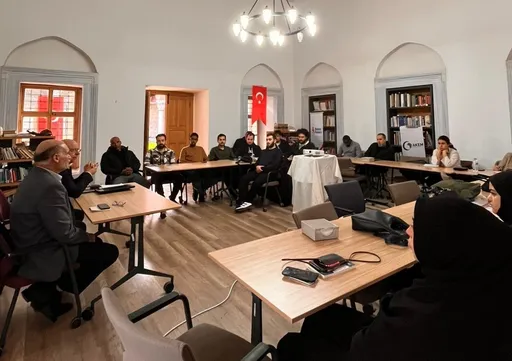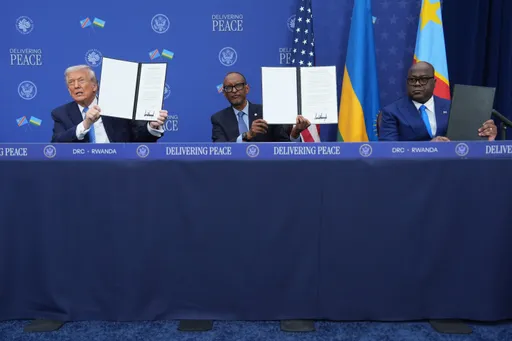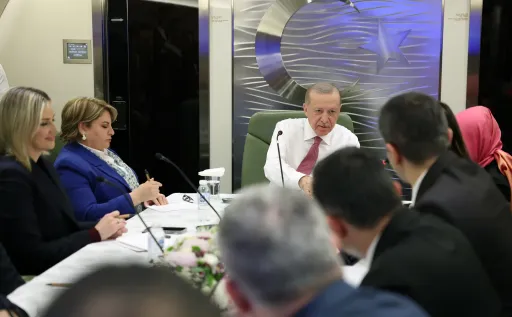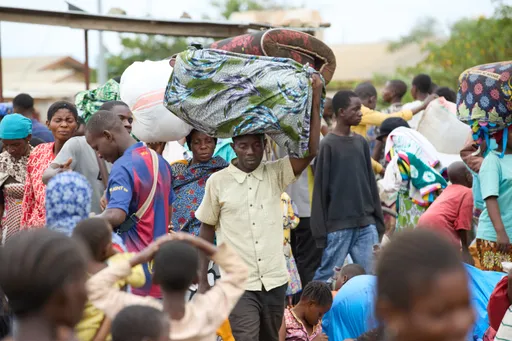The essential medicines list is a catalogue by the World Health Organization (WHO) detailing the drugs that should be available in all functioning health systems.
According to experts, inclusion on the list can have a great impact on access as in the case of HIV drugs added in 2002, thereby making them more widely available to AIDS patients in poor nations.
A group of US academics had proposed adding obesity medicine to the WHO list for the first time earlier this year, focusing in particular on the active ingredient liraglutide in Novo Nordisk's obesity drug Saxenda.
But a WHO expert panel recommended against adding the drugs for weight loss, citing the "uncertain long-term clinical benefit and safety in this patient population," on Wednesday.
WHO team lead for the EML Benedikt Huttner said in a press conference that there were also "uncertainties" about how long to use the treatments "because often when you stop the treatments there is a rebound in weight gain".
He however added that pending more long-term evidence, the medicines may be reconsidered in future.
The decision is part of a wider update of the list following an expert meeting in Geneva in April. The document is designed to guide government purchasing decisions in low and middle-income countries.
Equitable access
Among the new treatments added to the list is a trio of drugs that can individually be used to treat multiple sclerosis, including the generic and biosimilar versions where available.
The three drugs are cladribine, branded Mavenclad by EMD Serono and Merck KGaA; glatiramer acetate, branded Copaxone and sold by Teva Pharmaceuticals; and rituximab, branded as Rituxan/Mabthera and usually sold by Roche.
The panel said their inclusion would "address an important public health need and support global advocacy efforts to reduce the global burden of multiple sclerosis".
"Rising prices and supply chain disruptions mean that all countries now face increasing problems in ensuring consistent and equitable access to many quality-assured essential medicines," said Dr Tedros Adhanom Ghebreyesus, WHO-Director General, in a statement.
"WHO is committed to supporting all countries to overcome these obstacles to increase access with equity."
Two monoclonal antibody treatments for Ebola Zaire were also added to the list: anzuvimab, made by Ridgeback Biotherapeutics with the brand name Ebanga; and Regeneron Pharmaceuticals' Inmazeb, made up of atoltivimab, maftivimab and odesivimab combined.
























